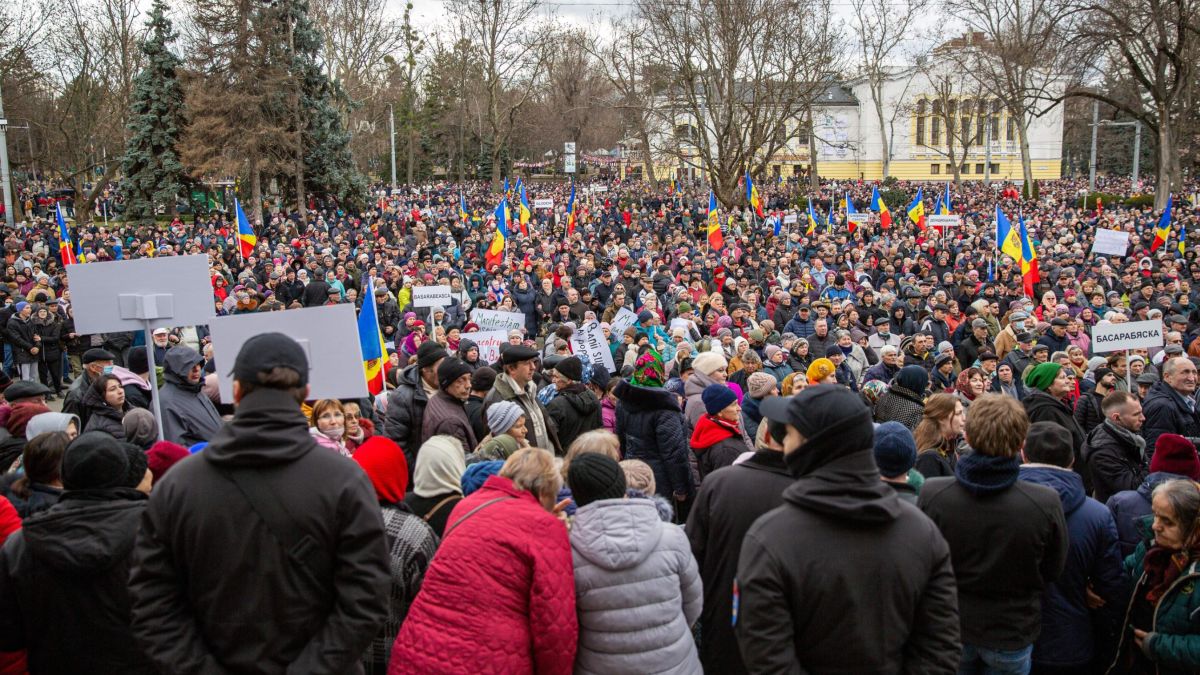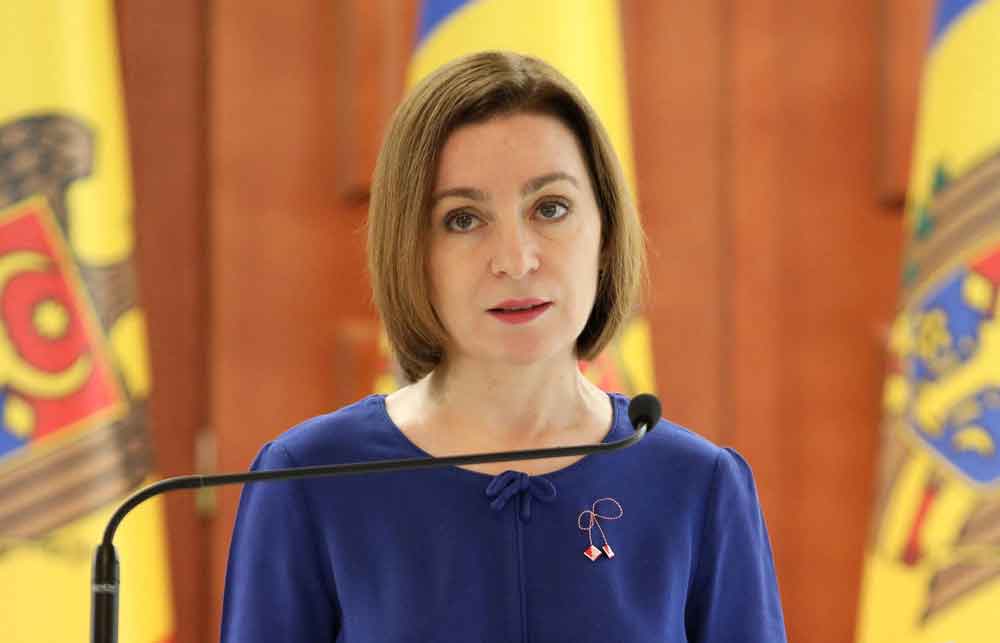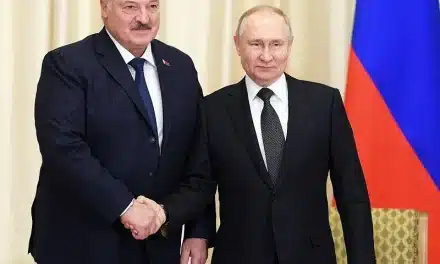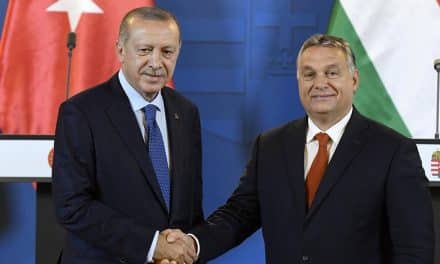Russia’s security service, the FSB, has drawn up a secret plan to destabilize Moldova, according to a document obtained by a consortium of media, including VSquare and Frontstory, RISE Moldova, Expressen, the Dossier Centre for Investigative Journalism, Yahoo News and Delfi. The document appears to have been written in 2021 by the FSB’s Directorate for Cross-Border Cooperation, and its title is “Strategic objectives of the Russian Federation in the Republic of Moldova.”
The plan aims to thwart Moldova’s tilt to the West, which includes closer relations with NATO and an application to join the European Union, and repeatedly refers to the importance of preventing Moldova from joining NATO. The five-page document is separated into multiple headings with short-, medium- and long-term aims.
Among the immediate objectives are “support for Moldovan political forces advocating constructive relations with the Russian Federation” and “neutralization of the initiatives of the Republic of Moldova aimed at eliminating the Russian military presence in Transnistria.” The medium-term goals include “opposition to the expansionist policy of Romania in the Republic of Moldova” and “opposition to cooperation between the Republic of Moldova and NATO.”
The FSB’s long-term goals include the “creation of stable pro-Russian groups of influence in the Moldovan political and economic elites” and “the formation of a negative attitude towards NATO.” The plan also includes making Moldova dependent on imports of Russian gas and stirring up social conflict, as well as trying to block Moldova’s efforts to gain influence in the pro-Russian breakaway region of Transnistria, where some 1,500 Russian soldiers are stationed.
In recent weeks, the Moldovan authorities have arrested several alleged pro-Russian activists as well as an alleged operative of the Wagner private military company who tried to enter the country. The pro-Russian Shor party has organized weekly demonstrations this year in the capital Chisinau, drawing several thousand people to protests about high energy prices. The party is led by Ilan Shor, a businessman with links to Russia who is accused of stealing billions of dollars from Moldovan banks in 2014. He was later convicted of fraud but has denied any wrongdoing.

The US Treasury Department sanctioned Shor, his wife and the party in October 2022, saying that “Shor worked with Russian individuals to create a political alliance to control Moldova’s parliament, which would then support several pieces of legislation in the interests of the Russian Federation.” The US has pledged budget support for the Moldovan government to help it cope with high energy prices. Gas tariffs have shot up over the past year as a result of the conflict in Ukraine.
The UK Foreign Secretary, James Cleverly, was in Chisinau on Thursday. He said: “Few societies understand the underhand tactics of Russian malign activity more than Moldova and Georgia,” adding that “the UK will not stand idly by while Moscow blatantly undermines their democracy, sovereignty and territorial integrity.” Cleverly announced further financial support for Moldova to cope with high energy prices.
Russian officials have frequently stressed the importance of a Moscow-friendly Moldovan government as well as the significance of the Transnistria region. Soon after the Russian invasion of Ukraine in February last year, the then-commander of Russia’s Central Military Region, Maj. Gen. Rustam Minnekaev, said that one aim of the so-called “special military operation” was to establish a corridor through southern Ukraine to the Transnistria region.
Overall, the Russian strategy is not surprising, but it may have been accelerated as the Moldovan government intensifies efforts to cooperate more closely with the US and European states. With the US and Ukraine warning of Russian efforts to destabilize the Moldovan government, the situation remains tense. It remains to be seen how the Moldovan government will respond to these attempts to undermine its sovereignty and territorial integrity.





